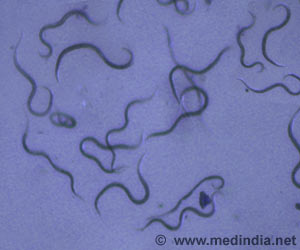
‘India is among countries at high-risk for melioidosis, a highly contagious bacterial disease that mimics other diseases and is difficult to be diagnosed.’
Tweet it Now
The bacterium is resistant to a wide range of antimicrobials and inadequate treatment may result in fatality rates exceeding 70%.A study conducted by the experts at the University of Oxford was the first to provide an evidence-based estimate of the global extent of melioidosis. The study was published in the Journal Nature.
“Our study predicts high infection rates in countries like India and Vietnam, where the disease is gradually being recognized more frequently. Awareness of the disease is low even among health workers,” said Direk Limmathurotsakul, co-author of the study.
People at high-risk of the diseases include patients with diabetes mellitus, chronic kidney disease or excessive alcohol intake.
“Melioidosis is a great mimicker of other diseases and you need a good microbiology laboratory for bacterial culture and identification to make an accurate diagnosis. It especially affects the rural poor in the tropics who often do not have access to microbiology labs, which means that it has been greatly under estimated as an important public health problem across the world,” said Limmathurotsakul.
Advertisement
We predict that the burden of this disease is likely to increase in the future because the incidence of diabetes mellitus is increasing and the movements of people and animals could lead to the establishment of new endemic areas,” said Limmathurotsakul.
Advertisement









